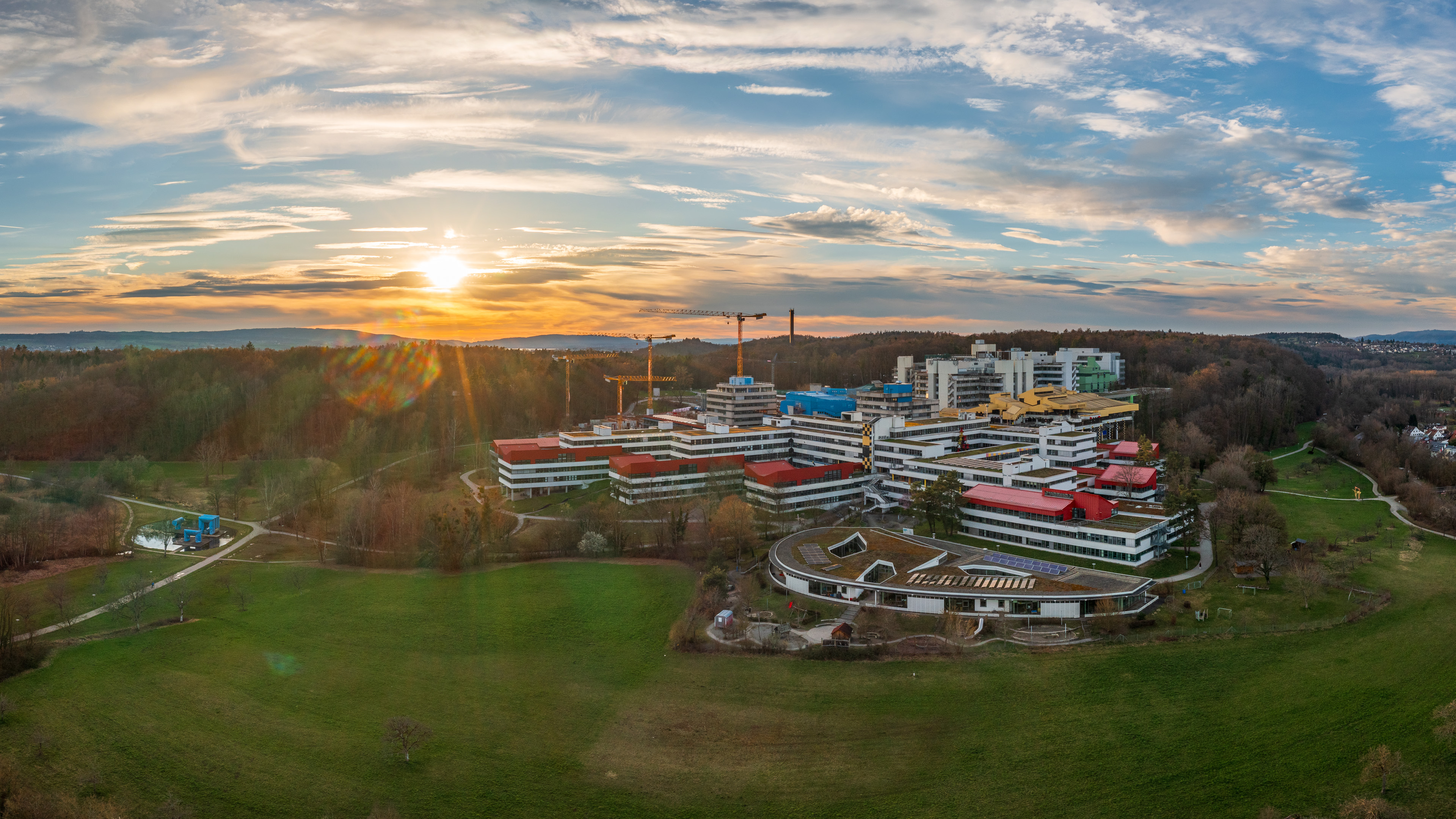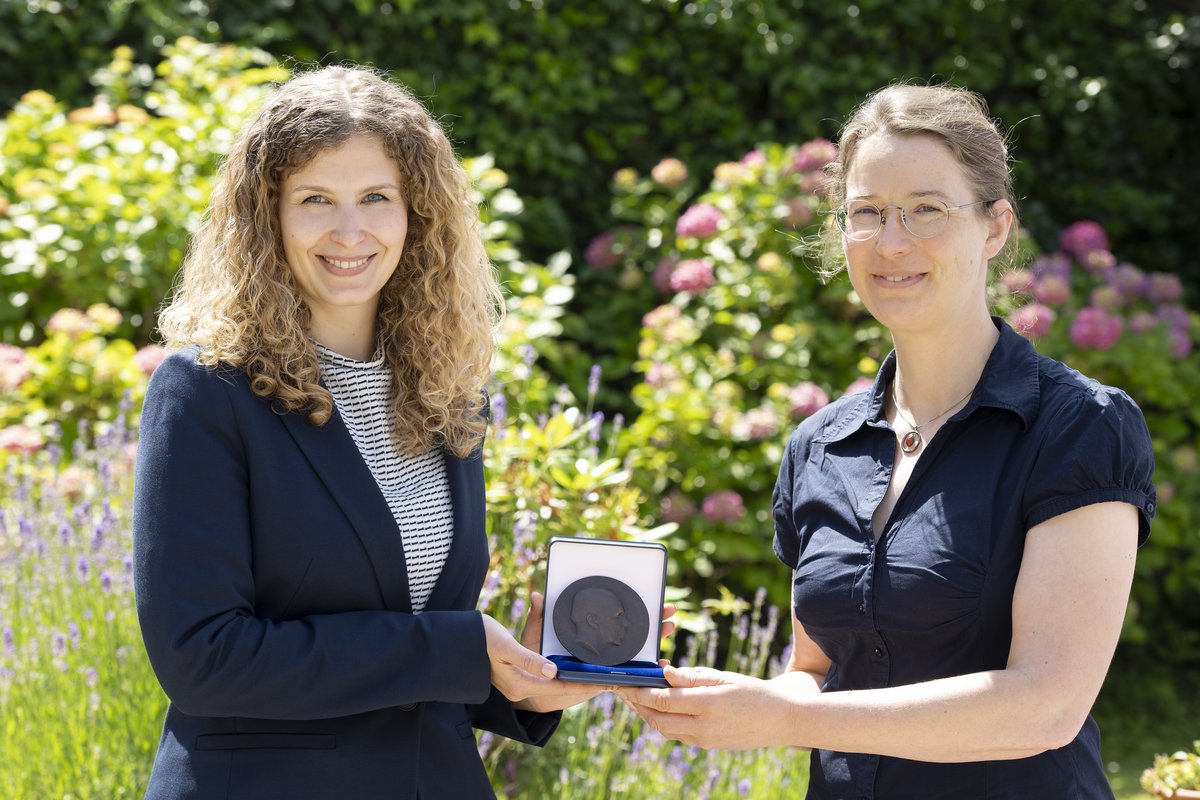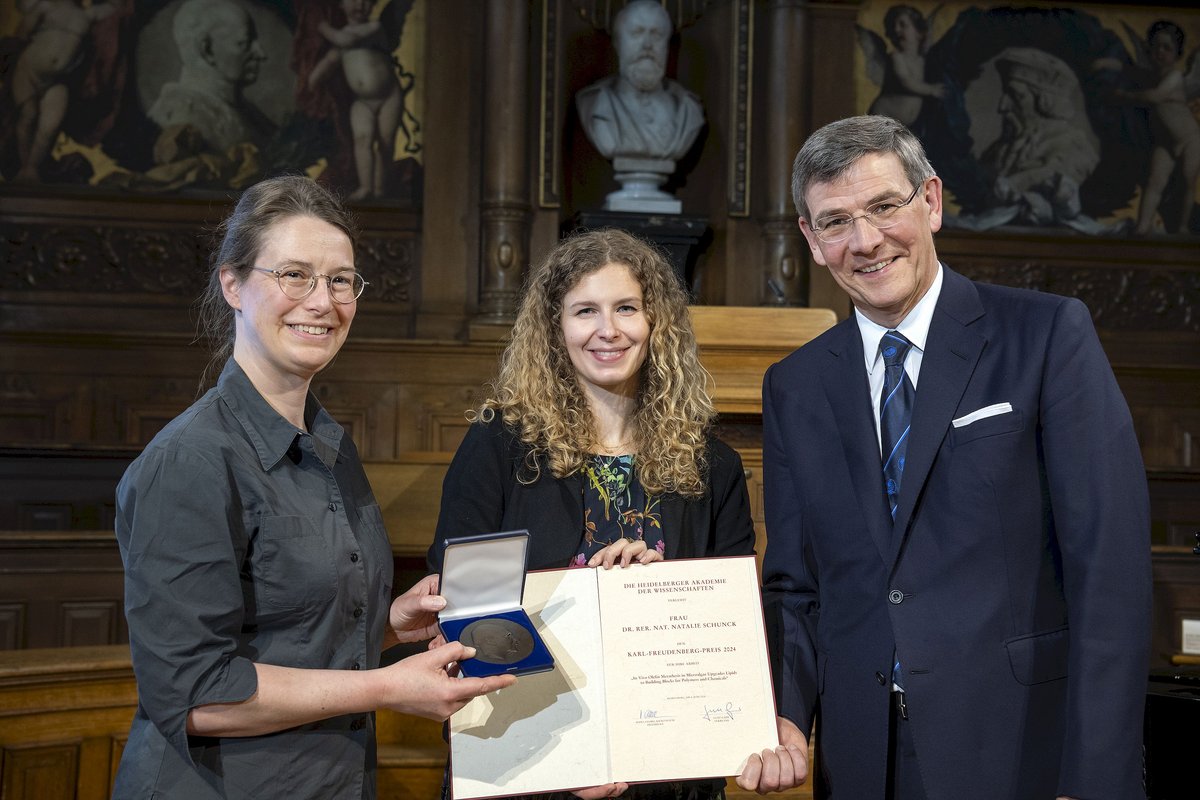
Prize from the Heidelberg Academy of Sciences and Humanities for chemist from the University of Konstanz
Konstanz chemist Natalie Schunck was awarded the Karl Freudenberg Prize last weekend. The award from the Heidelberg Academy of Sciences and Humanities recognizes her work studying diatoms as producers of sustainable chemicals.
The Heidelberg Academy of Sciences and Humanities honoured Konstanz chemist Natalie Schunck with the Karl Freudenberg Prize for her trailblazing research on algae and using them as microscopic biorefineries. In the research team led by Stefan Mecking, she developed a key process for using renewable raw materials more efficiently for the production of environmentally friendly chemicals and materials. The Karl Freudenberg Prize, worth 10,000 euros, is awarded annually.
Diatoms, a class of microalgae, use atmospheric carbon dioxide as a source of carbon and sunlight as a source of energy. This is why they provide a very good sustainable alternative to the fossil resources used until now in the production of chemicals and materials. In order to use renewable raw materials to produce chemicals, they must first be processed and in some cases chemically converted. Up to now, complex processes were required to extract and separate the bio-raw materials from the cells in which they were produced, before the materials could be upgraded and further processed.
Natalie Schunck was first to succeed in introducing suitable synthetic catalysts into unicellular diatoms. These catalysts remain stable in the lipid storage compartments of the algae cells and convert the lipids produced and stored in the cells into high-quality sustainable chemicals. In this way, the early career researcher developed methods for making the production of chemicals from renewable raw materials significantly more efficient in industrial applications.
"We were successful in integrating a chemical reaction into the diatoms that does not naturally take place. Our work makes an innovative contribution to the production of renewable chemicals in cells, as we can transform the microalgae into tiny living factories", chemist Natalie Schunck explains. Chemist Lutz Gade, secretary of the mathematics and natural sciences class of the Heidelberg Academy of Sciences and Humanities, presented this year's Karl Freudenberg Prize. To illustrate Natalie Schunck's extraordinary work, he compared it to adding a new move to the game of chess, which would open up completely new possibilities for playing the game.
At this year's award ceremony, the Heidelberg Academy of Sciences and Humanities/Baden-Württemberg Academy of Sciences recognized the work of eight early career researchers in the state of Baden-Württemberg. The prizes, worth 85,000 euros in all, aim to encourage and support the work of researchers in early stages of their careers.
About the prize winner
Natalie Schunck completed her studies in the field of life science at the University of Konstanz and at the University of Toronto in Canada. She earned her doctorate at the University of Konstanz while working in Stefan Mecking's research team. A programme at the University of Konstanz supporting outstanding students enabled her to conduct research that formed the basis for her doctoral thesis "Catalytic Olefin Metathesis in Living Microalgae" while finishing her master's degree.
About the Karl Freudenberg Prize
The Karl Freudenberg Prize honours the work of researchers in the natural sciences, especially chemistry and biology. Funding to create the prize was provided by the Freudenberg Group in 1986 to mark the 100th birthday of its founder, Professor Karl Freudenberg. The prize is worth 10,000 euros.
Press information from the Heidelberg Academy of Sciences and Humanities. (in German)


